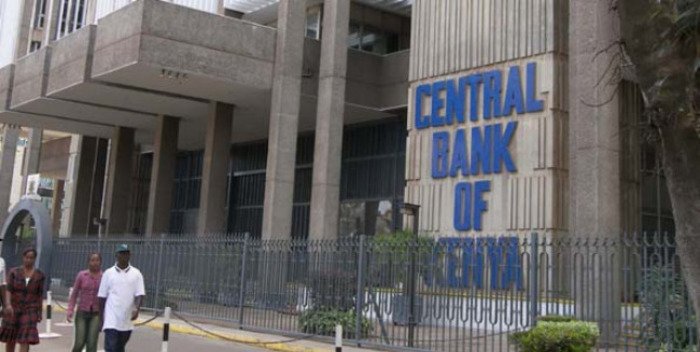Kenya's central bank left its Central Bank Rate (CBR) at 10.0 percent to help anchor inflation expectations while overall inflation is expected to continue to decline over the next few months, supported by lower food and fuel prices.
The Central Bank of Kenya (CBK), which has maintained its rate since cutting it to the current level in September last year, added the economy "remained resilient" in the first quarter of this year despite a slowdown in private sector credit growth.
"The Committee continues to monitor the implications of the capping of interest rates on lending and the transmission of monetary policy," the CBK said, adding annual growth in credit to the private sector fell further to 2.1 percent in May, partly due to significant repayments in manufacturing, transport and communications, and developments in the trade sector.
In September last year Kenya's government imposed a cap on banks' interest rates despite concern by the International Monetary Fund, which said experience from other countries shows such rate controls are ineffective, impede the effectiveness of monetary policy, can give rise to unintended consequences, lead to lower economic growth and undermine efforts to reduce poverty.
Kenya's inflation rate declined to 9.21 percent in June from 11.7 percent in May due to lower prices of food, including potatoes, cabbages, sugar and milk, reflecting the impact of recent rains and government measures.
Non-food, non-fuel inflation has remained below 5 percent over the last seven months, the CBK added, saying this suggests that demand pressures remain subdued.
The foreign exchange market remains relatively stable, the central bank said, noting it was reflecting seasonal trends.
Kenya's shilling has been depreciating steadily since early March this year and was trading at 103.9 to the U.S. dollar today, down 1.6 percent this year.
Kenya's Gross Domestic Product grew by an annual 4.7 percent in the first quarter of this year, down from 6.1 percent in the previous quarter, supported by stable macroeconomic conditions despite a poor performance by the agricultural sector due to adverse weather and the impact of a slowdown in private sector credit growth.







































